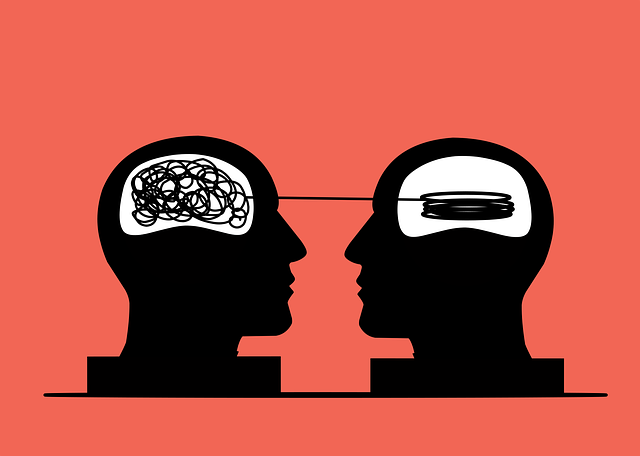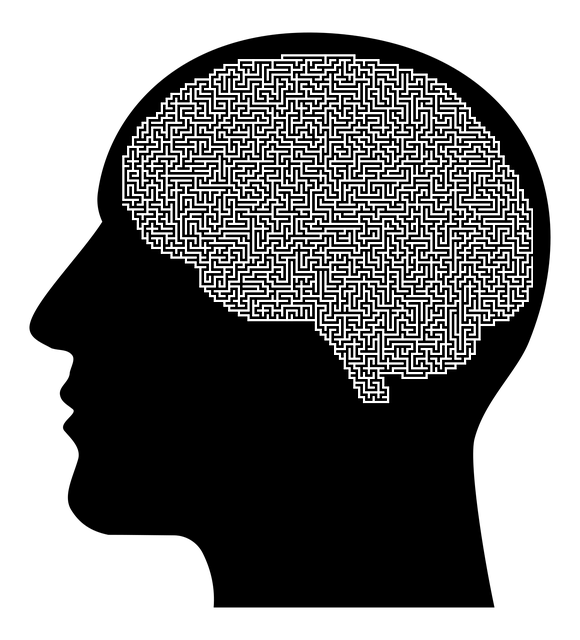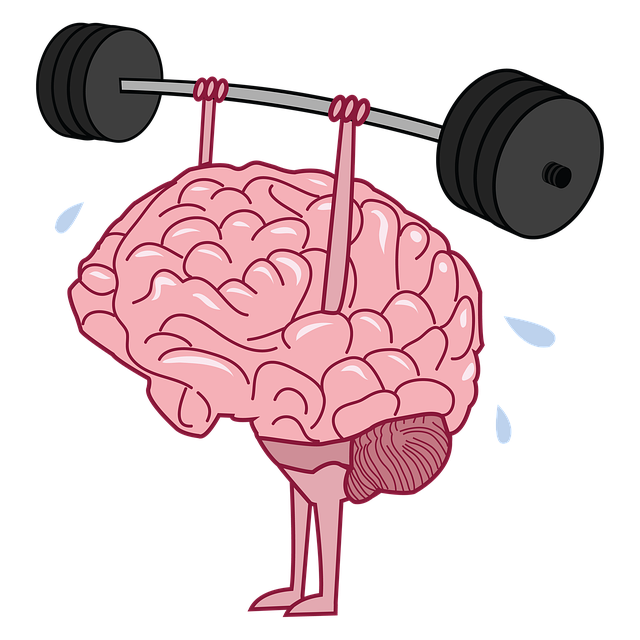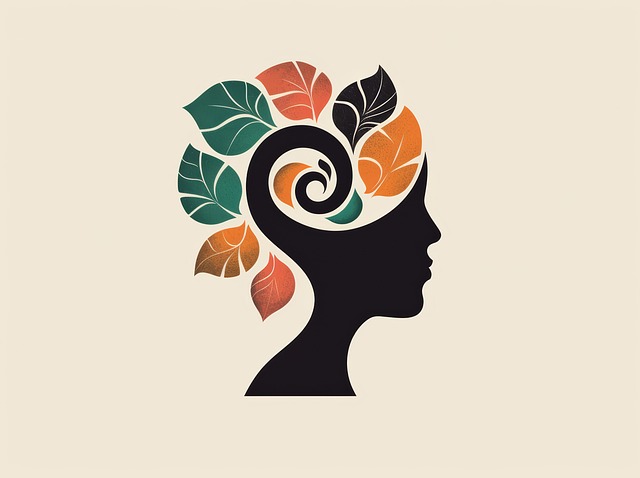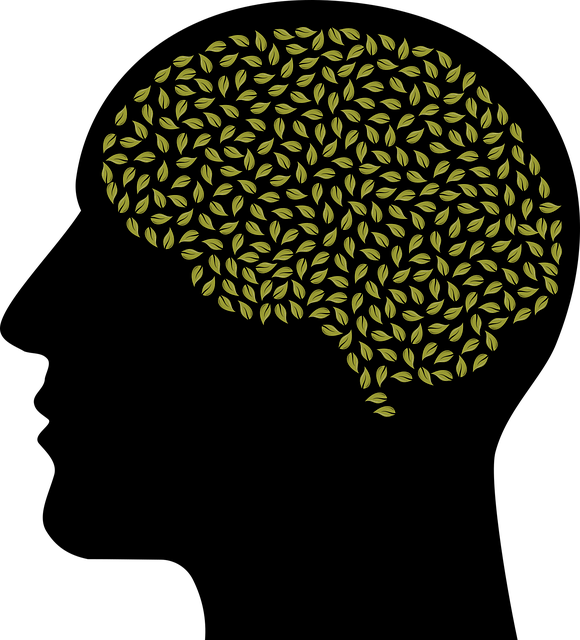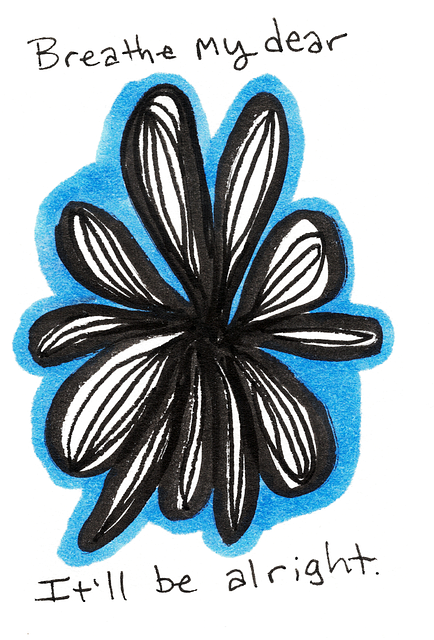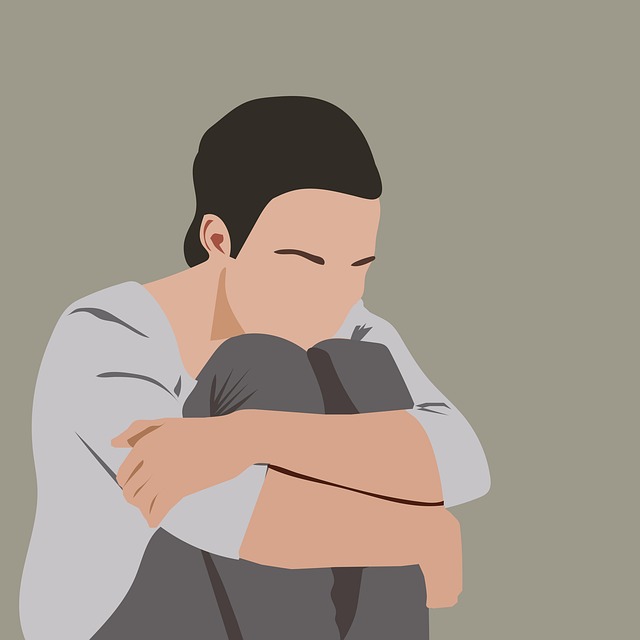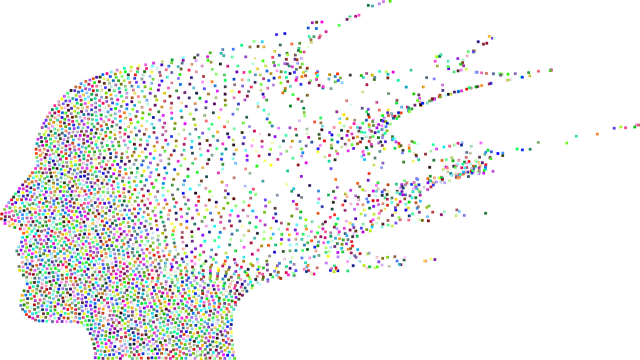Media portrayal significantly impacts public perception of mental health, with accurate and empathetic depictions fostering empathy and reducing stigma. Inaccurate or stereotypical media can perpetuate harmful myths and marginalize those with mental health issues. Englewood Women's Issues Therapy (EWIT) offers a unique, holistic approach to combating these stereotypes by integrating self-care practices into therapy, empowering clients with lifelong tools for improved mental wellness. Through collaborative efforts involving industry professionals, activists, and media outlets, EWIT and similar initiatives are revolutionizing mental health services, promoting authentic narratives, crisis intervention, and responsible media content, ultimately fostering a more compassionate society.
In today’s media landscape, accurate representation of mental illness is crucial for shaping public perception. This article explores how negative stereotypes impact mental health and introduces innovative solutions. We highlight the efforts of Englewood Women’s Issues Therapy (EWIT), a leading organization employing holistic approaches to challenge these misconceptions. Through collaborative initiatives involving industry professionals, activists, and media outlets, EWIT is revolutionizing representation. By fostering open dialogues, we can ensure a more compassionate understanding of mental health issues.
- Understanding the Impact of Media Representation on Mental Health Perception
- Englewood Women's Issues Therapy: A Holistic Approach to Challenging Stereotypes
- Collaborative Efforts: Industry Professionals, Activists, and Media Outlets United for Change
Understanding the Impact of Media Representation on Mental Health Perception

Media representation plays a pivotal role in shaping public perception about mental health, significantly influencing how individuals understand and respond to various psychological conditions. When media platforms portray mental illness accurately and sensitively, it can foster empathy and reduce the stigma associated with seeking help. Such positive representations encourage open conversations and promote understanding, allowing viewers to recognize symptoms and connect with available resources, such as those offered by Englewood Women’s Issues Therapy.
However, inaccurate or stereotypical media depictions can perpetuate harmful myths and contribute to the marginalization of individuals struggling with mental health issues. This is where the importance of strategic mental health education programs design comes into play, aiming to counteract these negative portrayals. By integrating accurate information and personal stories, these initiatives can empower audiences, offering insights into the complexities of mental wellness while encouraging support for those in need, potentially leading to better access to anxiety relief and other mental wellness coaching programs development.
Englewood Women's Issues Therapy: A Holistic Approach to Challenging Stereotypes

Englewood Women’s Issues Therapy (EWIT) is a trailblazing initiative that takes a holistic approach to challenging stereotypes surrounding mental illness, particularly among women. By prioritizing self-care practices and integrating them into therapy sessions, EWIT empowers its clients to develop robust self-care routines for better mental health. This innovative strategy not only addresses the symptoms of mental wellness issues but also equips individuals with lifelong tools to navigate life’s challenges.
Through tailored interventions, EWIT dismantles harmful narratives by showcasing diverse experiences and perspectives, fostering a more inclusive understanding of mental illness. By prioritizing self-care routine development, the therapy sessions go beyond traditional treatments, encouraging clients to embrace proactive measures for maintaining their emotional well-being. This comprehensive approach is revolutionizing how mental health services are delivered, ensuring that women receive supportive, nuanced care tailored to their unique needs.
Collaborative Efforts: Industry Professionals, Activists, and Media Outlets United for Change

In the pursuit of accurate mental illness representation, a powerful alliance has formed among industry professionals, activists, and media outlets dedicated to effecting change. This collaborative effort, centered around shared goals and a collective voice, is crucial in challenging stereotypes and promoting understanding. By joining forces, these stakeholders can advocate for more nuanced portrayals of mental health struggles on screen and in popular culture. Such initiatives are evident in various projects, like those supported by Englewood Women’s Issues Therapy, that focus on creating platforms for authentic narratives and providing crisis intervention guidance.
These collaborative endeavors extend beyond individual efforts to broader industry shifts. Media outlets play a pivotal role in disseminating responsible content, while activists push for accurate representation that reflects the diversity of experiences. Together, they work towards integrating self-care practices and promoting positive thinking into mainstream discourse surrounding mental health. Through these collective actions, a more compassionate and informed society is fostered, where individuals with mental illness are no longer relegated to one-dimensional portrayals but instead find representation that empowers and validates their journeys.
In light of the above discussions, it’s evident that media representation plays a pivotal role in shaping societal perceptions about mental health. By challenging stereotypes and promoting holistic approaches like those offered by Englewood Women’s Issues Therapy, we can foster a more empathetic and nuanced understanding of mental illness. Collaborative efforts between industry professionals, activists, and media outlets are crucial for driving meaningful change. Together, we can create a landscape where mental health is portrayed accurately and compassionately, ultimately enhancing support systems and access to care.

